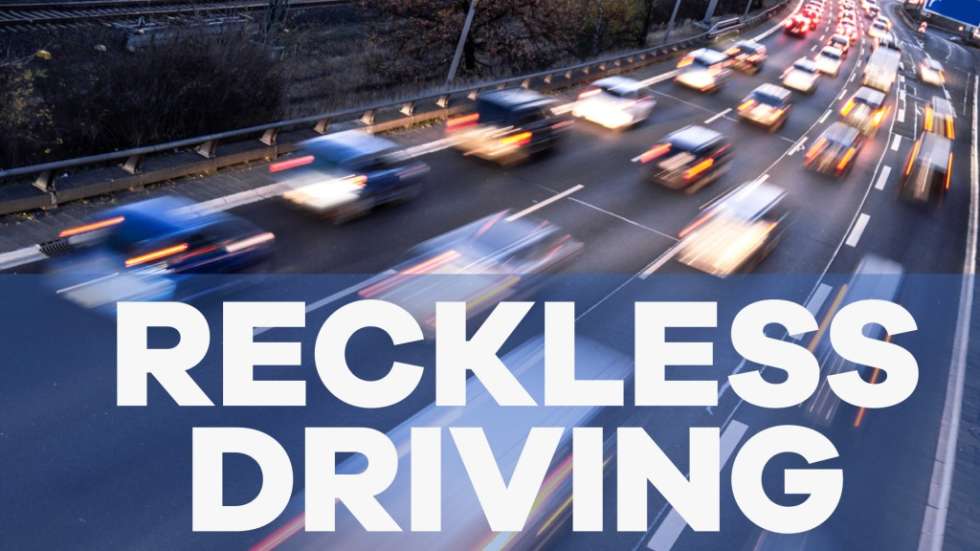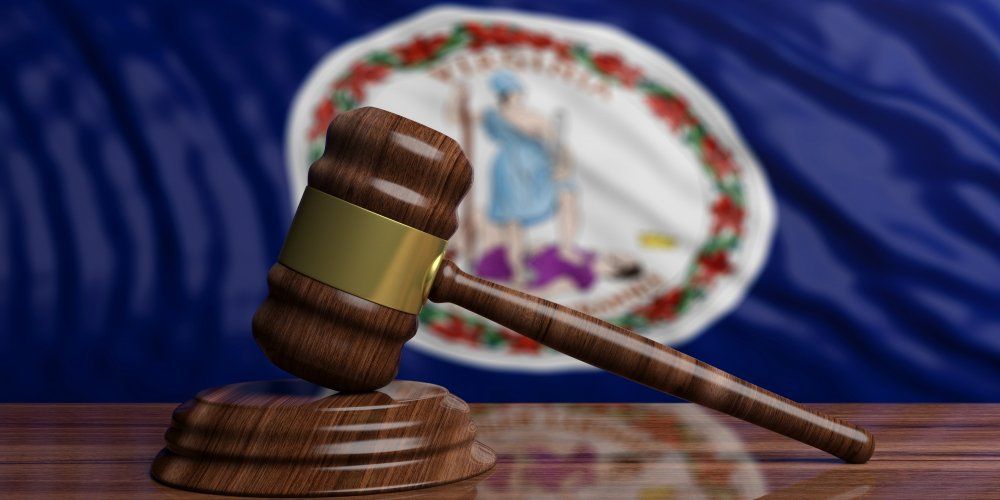Filing a Wrongful Death Lawsuit in Virginia – Who and How?
In Virginia, someone who loses a loved one as a result of another person’s negligence can recover compensation. However, the state allows only certain individuals to bring these claims. They must do so within two years of the date of the victim’s death. Collecting damages cannot compensate someone for the death of a beloved relative.[...] The post Filing a Wrongful Death Lawsuit in Virginia – Who and How? appeared first on Leavitt & Martin.
In Virginia, someone who loses a loved one as a result of another person’s negligence can recover compensation. However, the state allows only certain individuals to bring these claims. They must do so within two years of the date of the victim’s death. Collecting damages cannot compensate someone for the death of a beloved relative. But it can go a long way towards covering medical bills and other expenses. These would otherwise overwhelm the bereaved family. So, if you lost a loved one in an accident, it is important to speak with an experienced wrongful death attorney. They can explain your legal options.
Defining Wrongful Death
Virginia law defines a wrongful death as a death caused by another party’s:
- Wrongful act;
- Neglect; or
- Default.
It is also of primary importance that the circumstances of the accident would have supported a personal injury suit if the victim had survived. If the case meets these requirements, the deceased’s beneficiaries can file a wrongful death claim.
Who Can File a Wrongful Death Claim?
In Virginia, only statutory beneficiaries can file a wrongful death claim, which includes:
- The decedent’s surviving spouse, children, or grandchildren;
- The decedent’s surviving parents or siblings;
- Any relative who was the decedent’s dependent and with whom he or she also shared a household; and
- Any surviving relative entitled to inherit the victim’s estate under the state’s intestacy laws.
Although all these individuals are eligible to file a wrongful death claim, certain family members have precedence. For instance, surviving spouses, children, and grandchildren have the right to file a claim first. But, if there is not one of these, any surviving parents, siblings, or dependents can file a suit. If none of these individuals exist, anyone who considered an heir under the laws of intestacy could file the claim.
Potential Damages
If a beneficiary is able to establish that a decedent lost his or her life as a result of injuries suffered in an accident caused by the defendant, he or she may be able to recover compensation for:
- Sorrow and mental anguish caused by the loss of the decedent’s companionship, comfort, and guidance;
- The decedent’s lost income;
- The loss of the services, protection, and care provided by the decedent;
- Medical expenses related to the decedent’s final injury or illness;
- Reasonable funeral expenses; and
- Punitive damages if the defendant exhibited a conscious disregard for the safety of others.
Call Today to Schedule a Consultation With a Virginia Wrongful Death Attorney
Losing a loved one in an accident is one a painful and traumatic experience. No one should have to suffer through these times alone. If your relative lost his or her life in an accident as a result of someone else’s negligence, please contact an experienced wrongful death attorney. Reach out to Leavitt & Martin, PLLC by calling (804) 873-4004 today.
The post Filing a Wrongful Death Lawsuit in Virginia – Who and How? appeared first on Leavitt & Martin.












